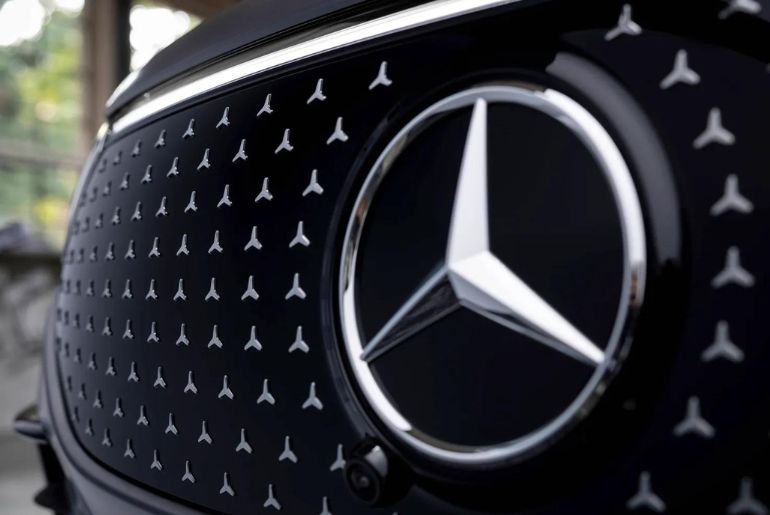Mercedes and Stellantis have halted construction on their collaborative European EV battery production projects and are reevaluating their options, maybe switching to less expensive lithium iron phosphate cells.
In 2021, Mercedes and Stellantis first joined forces to establish the Automotive Cells Company (ACC), a joint company specialising in battery cells.
In order to construct four factories, ACC raised $4.7 billion earlier this year. In total, they intend to raise about 7.6 billion euros to develop the factories.
The joint venture has already opened one factory in Douvrin, France.
But the work has stopped on ACC’s upcoming factory in Germany, and prep work has paused on a factory site in Italy.
While this work has stopped, ACC hasn’t made a final decision what to do with these sites yet. The company says that it plans to stay flexible with its speed of investment, reacting to market trends, and will decide around the end of the year what to do with these sites.
Bloomberg reports that the head of ACC, Yann Vincent, said that demand for EVs has slowed in Europe – despite that EV sales rose 14.8% year over year in April, faster than non-electrified car sales rose, though slower than conventional (non-plug-in) hybrids. He says that growth is mostly expected in mass-market segments, something which many Western EV makers have heretofore failed to target, though Chinese automakers are starting to, especially in Europe.
Previously, Mercedes had committed to go all-electric by the end of the decade, but in February said that it would continue building poisonous, climate-change-causing gas vehicles “well into the 2030s”, despite the necessity that the world stop building those vehicles as soon as possible.

